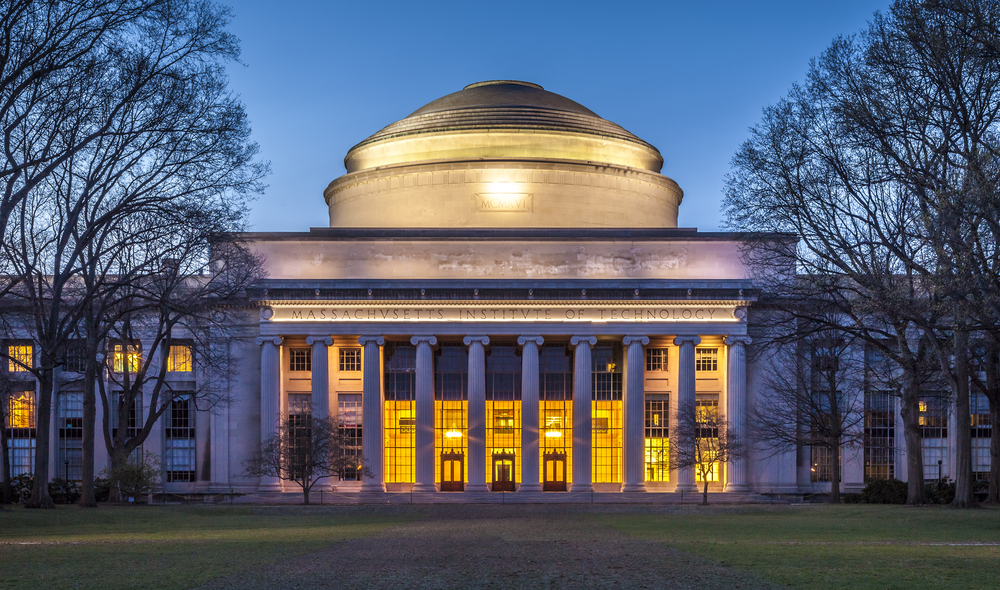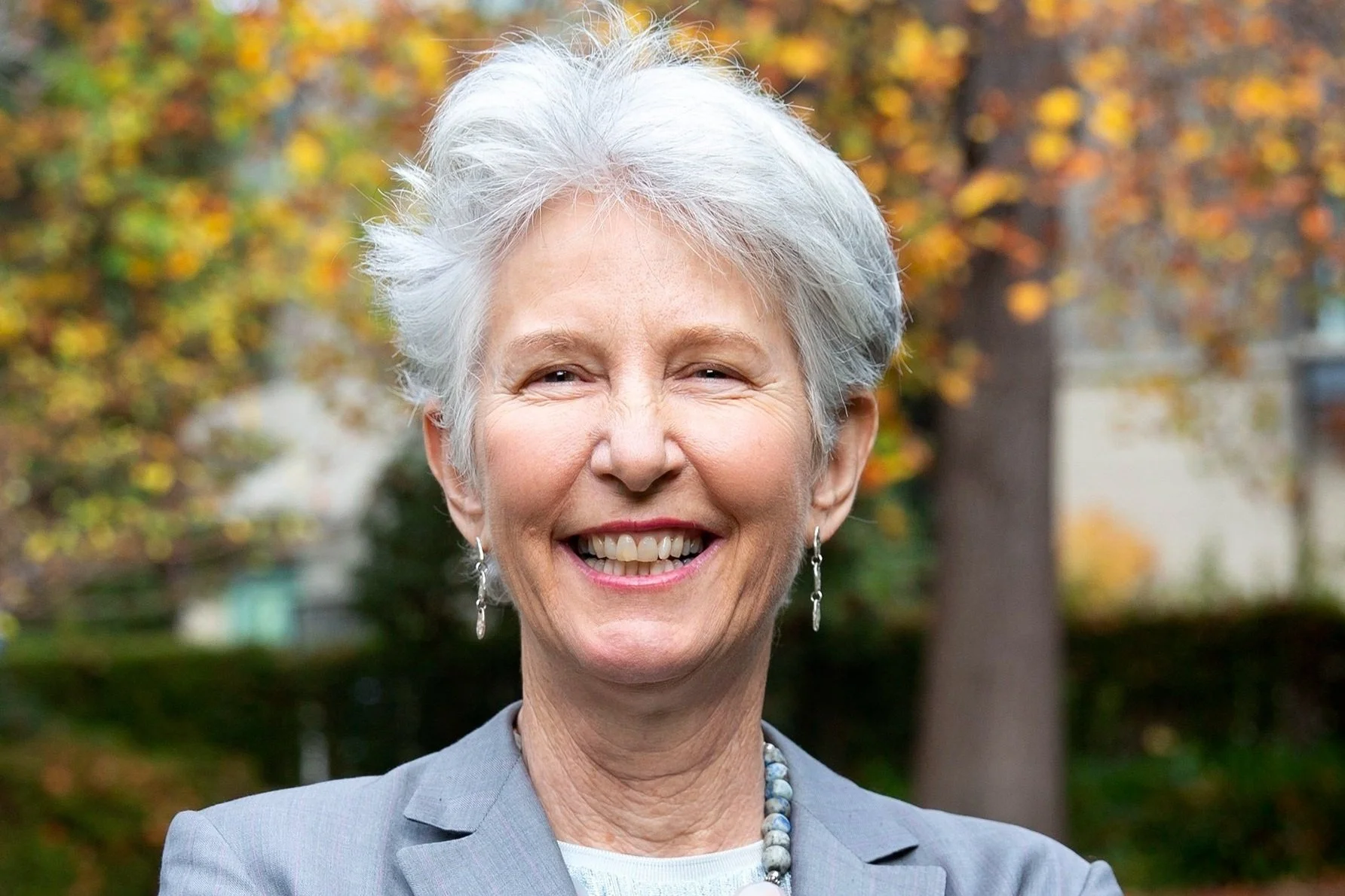Epstein, Science, and the Power of Saying No to Money
/MIT. Marcio Jose Bastos Silva/shutterstock
Scientists are far from immune to the ideas and checkbooks of horrible, powerful men.
That’s one thing that has emerged as journalists untangle the extent to which Jeffrey Epstein had funding ties and other connections with several research institutions and scientists. The now-deceased financier was convicted of soliciting a minor for prostitution in 2008, and was arrested in July on federal charges of sex trafficking of girls as young as 14.
MIT accepted Epstein money—including the MIT Media Lab and its director Joi Ito, who allowed Epstein to invest in several of his tech startup funds—as did Harvard and several other institutions and individuals. Epstein had pulled together several meetings with scientists over the years, apparently using his wealth and philanthropy to build up his own intellectual cachet, while laundering his reputation post-jail time.
The news is sounding alarms about the male-dominated science community, the sleazy networks that shape what gets funding and attention, the academic fundraising environment, and more. There will, hopefully, be more lessons, penances and punishments to come in the aftermath of the scandal. But one thing we might take away regarding philanthropy is a greater recognition that the source of money matters; another is that regarding funding as merely a means to an end is problematic.
“Nerd Tunnel Vision”
That’s not to say that the only problem around Epstein’s science connections is the cavalier acceptance of funding—far from it.
In fact, among the 14 individuals and nine institutions that Buzzfeed News has so far identified as connected to Epstein post-2008 conviction, the most generous charges you can levy are carelessness or lack of awareness. Some of the men who took his money or palled around in his gross science fan clubs openly defended Epstein after his time served. Others remain silent. As MIT Media Lab researcher Kate Darling pointed out in a post for The Guardian, Epstein’s network of money and power was a symptom of an overly white, male field, and a system that is “pervasively stacked against women.”
But there’s a certain attitude mixed in with these problems, a carelessness among some scientists regarding funding sources, and matters of money and power in general. It’s not unique to this particular case or to scientists, and it promises future scandal.
This attitude was apparent in an interview with Harvard biologist George Church, who issued an apology for holding a number of meetings and phone calls with Epstein. Church said Epstein had last funded his lab in 2007. He blamed his own poor awareness and judgment for the continued contact.
“There was just a lot of nerd tunnel vision,” Church told STAT. He pointed out that scientists are also vulnerable to flattery, being invited to events by rich and powerful people, and says that they often assume development departments have vetted potential donors; the story includes this telling exchange:
Scientists, “myself included, are not very good” at screening out people, he said. “I think many of them also feel an exceptionalism,” meaning that they should be allowed to associate with anyone if it is for a greater good.
In 2015, as allegations about Epstein grew, cancer researcher Doris Germain told Reuters that she had received a grant from Epstein:
“I don’t think I would accept money from him anymore, but then you sort of wonder,” Germain said. “We happen to know what he’s done, but what about all the other people who are giving money to foundations? We don’t know what they’re doing. Is it all clean? I don’t know.”
Indeed, we don’t know. And a lot of times, you can’t know. But I suspect many scientists either don’t fully engage with benefactors, or think they are sort of above the fray in such matters. This isn’t an attitude all scientists share, by any means—many flat-out refused to associate with Epstein, after all. And I’m reminded of a recent interview in which a physicist I spoke with was remarkably thoughtful about the meaning of his funding.
And it doesn’t help that the funding landscape is so competitive, with universities undertaking massive fundraising campaigns, and entire new departments springing up, sponsored by individual donors. The potential toxicity of donors makes a good case for more stable funding in academia and research.
After Epstein and the Sacklers
In a post-Epstein, post-Sackler funding world, it’s hopefully becoming clearer that the way important causes are funded is meaningful, and science, academia, the arts and other societal institutions are not insulated from matters of power, money and politics. There’s value in both public and private streams of funding, each with its own merits and consequences, and neither is simply transactional or a means to an end. Funding establishes relationships between the scientific enterprise and the rest of society.
The Epstein scandal is an extreme, deeply tragic example of how this can go wrong, but there are plenty of other bad outcomes. Hopefully, these scandals and the increased scrutiny of wealthy donors will lead fundraisers and institutions to be more protective.
In the aftermath of toxic donor scandals, some beneficiaries are responding by giving back or donating the money, a respectable move. An even better one would be declining it in the first place.
After all, philanthropy is an exercise of power, and one way that our institutions, thinkers, artists and, indeed, all of us can use our own power is via the underrated act of saying “no.”







































